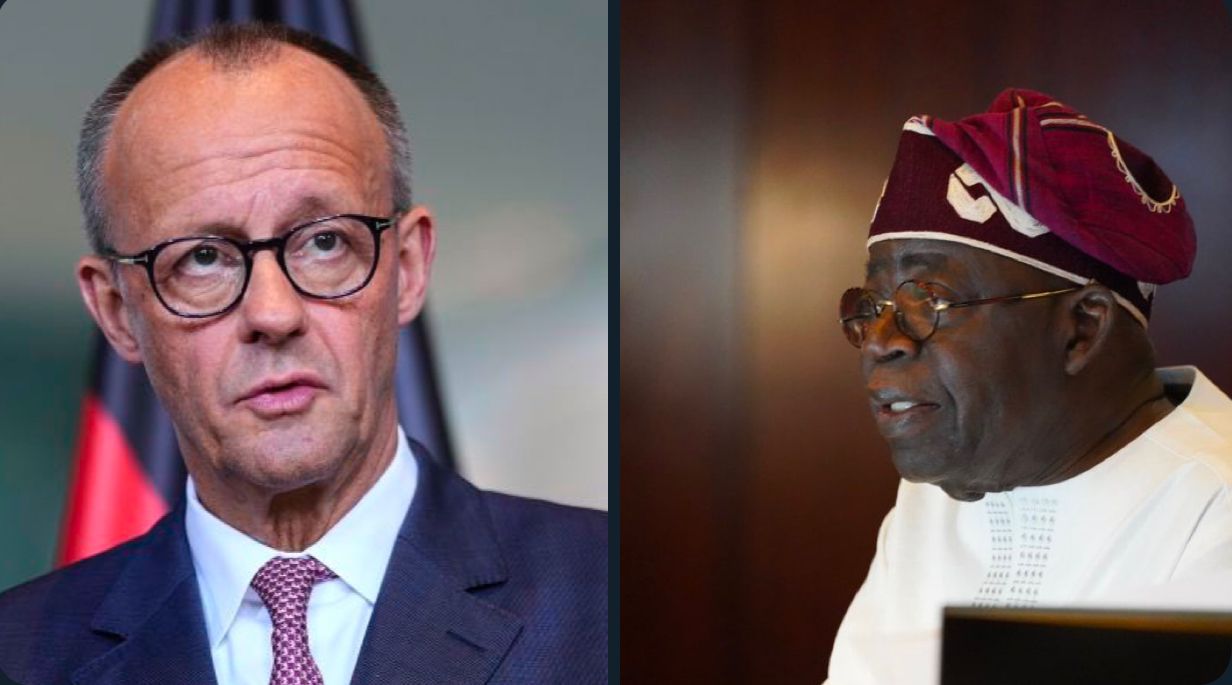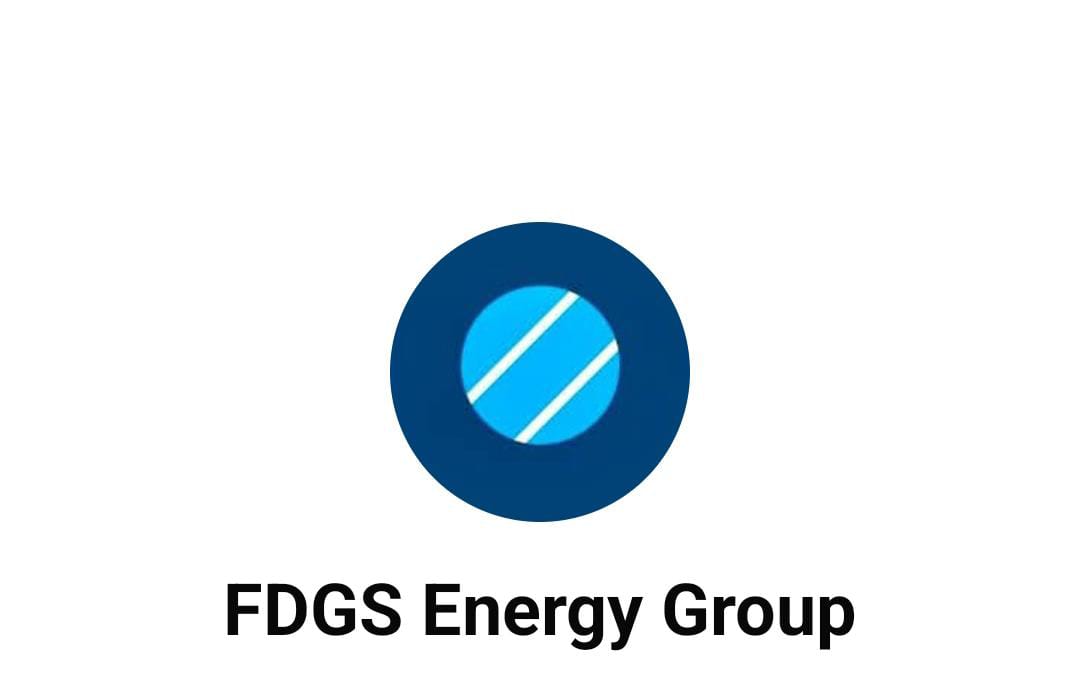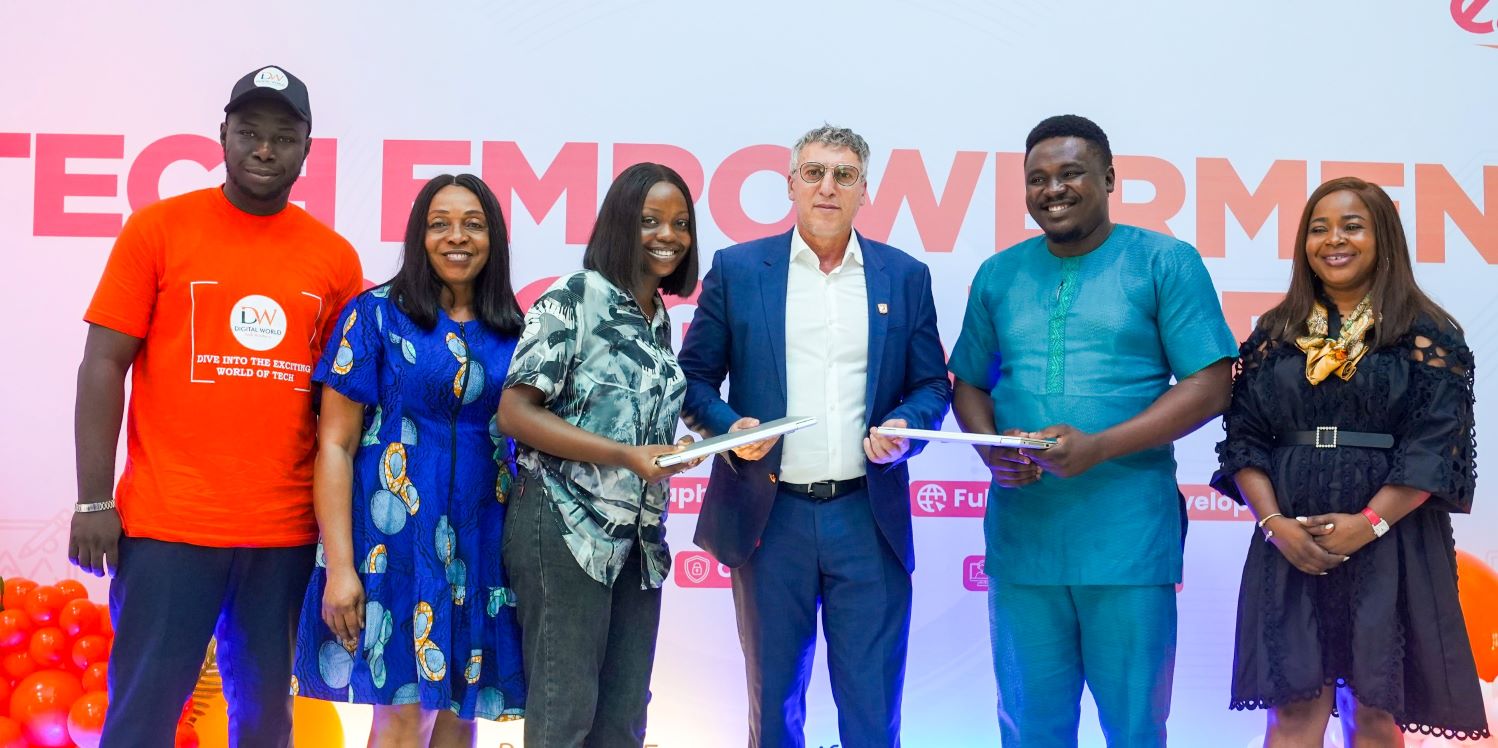Adelabu: DISCOs Estimated Billing Is Fraudulent As Nigeria Receive 1.3m Meters By Q2 2025

The Minister of Power, Chief Adebayo Adelabu, has announced that Nigeria will receive 1.3 million electricity meters between December 2024 and the second quarter of 2025.
Adelabu disclosed this at the ongoing Nigeria Energy Summit in Lagos, where he emphasised the government’s commitment to addressing the significant metering gap in the country.
The Minister revealed that the first phase of the meters is expected to arrive in December 2024, with the second phase scheduled for delivery in the second quarter of next year.
This initiative is part of the federal government’s broader strategy to close the estimated seven-million-meter gap and promote transparency in billing.
“We have over 13 million customers, but just a little over 5 million are metered. Where is it done that over seven million customers will rely on estimated billing? It is fraudulent, it is not transparent, and it can never be acceptable in a sane country,” Adelabu stated, acknowledging the urgent need to tackle the issue.
He cautioned, however, that closing the gap will not happen overnight, saying, “But we cannot close this gap in one year.”
The minister highlighted the challenges ahead, stating, “We are talking of over seven million meters to be imported, to be produced locally. The meter gap is a big elephant we must all join hands to fight and bring down.”
He elaborated on the presidential metering initiative, developed in collaboration with the Nigeria Governors Forum and supported by the World Bank’s Distribution Sector Reform Programme, which aims to disburse 3.2 million meters.
“Out of which I can confirm to you authoritatively that 1.3 million meters have been procured, contract signed, and the payment made,” Adelabu assured.
In addition to improving billing efficiency, the minister expressed optimism that the new meters would help mitigate disputes between power distribution companies and their customers.
“I am confident that the power sector could generate N2 trillion in 2024 as against the N1 trillion in 2023,” he added, attributing this potential growth to ongoing reforms, particularly the Band A tariff review.
Adelabu also noted that if the funds currently spent on diesel and petrol for independent power generation were redirected into the power sector, annual revenue could reach up to N5 trillion.
This revenue could be used for critical infrastructure upgrades, including replacing dilapidated transformers and fixing broken lines.
“To enhance transparency and improve sector liquidity, the metering initiative will reduce estimated billing, ensuring that energy consumers are billed fairly,” he said, adding, “And you will see the readiness of Nigerians to pay if you can display transparency and fairness in your billing.
They are ready to pay. They know that the alternative sources are far more expensive, even apart from the societal environmental pollution of noise.”
In a related development, Adelabu announced that the integrated national electricity policy is expected to be ready within four weeks and will be submitted to the Federal Executive Council.
He encouraged stakeholders to review the policy and provide feedback.
“As we look into the future, our focus remains on fully implementing the integrated national electricity policy,” he said.
The policy is designed to address various issues within the sector, including local content, competency, and human capacity development.
Adelabu noted the importance of stakeholder engagement, stating, “It covers so many things… We don’t have enough resources for what we are envisaging for this sector, but we must start building it from today.”
He encouraged industry players to review the policy and provide input before it goes to the Federal Executive Council for approval, noting, “Once it is approved, it will be tough for us to make changes. It will be our guide to further transform the sector.”
The minister concluded by reaffirming Nigeria’s position to overcome historical challenges in the electricity sector through continued investments in infrastructure upgrades, capacity building for local stakeholders, and strengthened regulatory enforcement.













